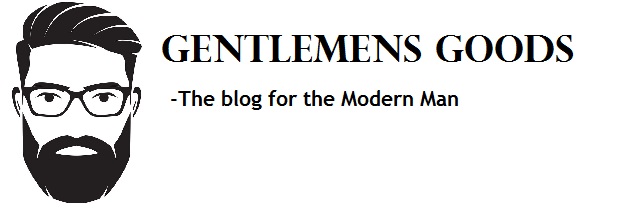Artificial Intelligence in the Business World
Artificial intelligence, or AI, is the ability of machines to effectively do what human beings do in order to make our lives easier. AI can help save time and resources in every field, from household chores to the business field.
History of AI
AI has always been of interest to humans since ancient times, but it is only in the 1950s that the technology seemed to be even remotely within reach. Breakthroughs had given scientists a lot of information on how the brain worked in the 40s and the 50s, thus giving rise to the possibility of creating an electronic brain or a thinking machine. The term “artificial intelligence” was first used in the US in 1956 at a conference in Dartmouth. This conference is the key point at which the field of artificial intelligence was formally created and is credited as being the birth of AI.
AI in business
Artificial intelligence software solutions, such as those offered by Expertsystem for instance, are being used more and more in the business field. Though originally the technology was too expensive and difficult to obtain for most companies, that has changed with time. Now most middle-level companies can afford to use AI to make their businesses more cost-effective and efficient. For example, the automobile industry has made ample use of AI by embedding them in vehicles to produce driverless cars. Another example of widespread use of AI is how data is processed in marketing by analysing consumption patterns.
Achieving the best from AI systems
One major drawback to the way AI is currently used in industry these days is that it is not holistic. There is often a lack of integration between different entities due to lack of resources and knowledge. In order to obtain full benefits of AI, it is important that the complete data is input and integrated. Goals must also be very clear because no matter how intelligent, these systems remain machines and are programmed to think in linear ways.
Threats of AI
AI has contributed to many scares in governments, industries, and the general public. One of the biggest fears of common people is that if everything gets automated, then humans would become redundant, and by extension, there would be mass unemployment. And then, there is the Frankenstein-like creature, ever ready to devour humans and destroy our cities. There is also fear of some jobs being wiped out altogether.
Conclusion
But despite these worries, the fact remains that the fear mongering regarding AI is but a natural resistance to change. AI will definitely force a social change and some people will not like it. But in the end, this too will be giving us a social change in the same way as the invention of the reviled pill in the early 1900s completely changed the life of women everywhere and forced a major social change. Thinking of providing solutions to these possible problems will require a shift in our collective thinking.

